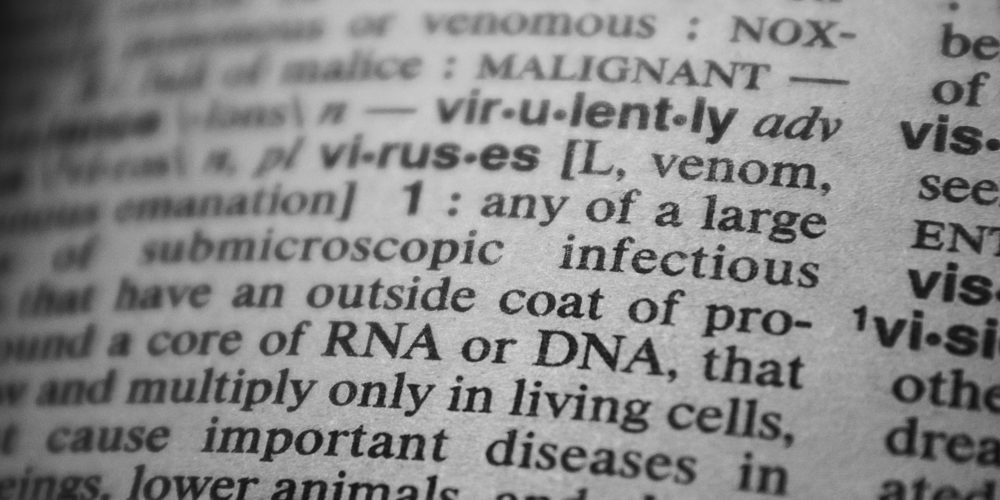
What Does PCR Test Stand For?
If you have gone through COVID-19 testing, especially early in the pandemic, you may have received a PCR test. You also probably got tested without much insight into what PCR means, and how this test can confirm if you have COVID-19 or not. Let’s examine what PCR stands for in common terms, as well as the 4 steps of this test, and how you can get COVID-19 PCR tests back quickly.
What Does PCR Stand for in Covid Testing?
PCR stands for polymerase chain reaction. This refers to how the test detects whether or not a patient is positive for COVID-19.
Polymerase is an enzyme that occurs naturally in your body. This enzyme helps copy your RNA and DNA inside your cells so the cells can divide. Since polymerase is essential to replicating genetic material, it’s also a great tool for testing small samples of mucus or saliva to see if the genetic material of COVID-19 is present. That’s because when the chain reaction in the test is triggered, the polymerase can turn even a small amount of COVID-19’s genetic material into a detectable test result.
What Are the 4 Steps of PCR?
PCR tests for COVID-19, as well as other viruses like the flu, take place over a four-step process.
- Denaturation: In the first step of the PCR test, the sample of mucus or saliva is heated up to 201 degrees Fahrenheit. This causes all the DNA in the sample—your own and any possible virus DNA—to denaturize, meaning it comes apart into individual strands.
- Annealing: Next, the test sample is cooled down to between 122-140 degrees. At the same time, the polymerase is introduced. The enzyme does its work and recreates the full double strands of DNA. This means the genetic material in the sample is increased, because now for every one strand of DNA that was initially present, there are two in the solution.
- Extension: Extension is talked about as one step of the PCR test process, but what happens, in reality, is that the denaturation and annealing processes are repeated anywhere from 35-40 times. By the time extension is completed, one strand of COVID-19 DNA which was present in the original sample has now replicated to form millions of copies. This means if COVID-19 DNA is present even in small amounts, it can now be detected by the lab more accurately.
- Analysis with Electrophoresis: Lastly, the test sample is analyzed for different genetic materials. Human DNA is obviously present. But through a process called electrophoresis, the human DNA can be easily separated from non-human DNA. Forcing an electrical current through the test sample encourages the different types of DNA to group together. This is because each has its own electrical charge. This way, if foreign virus DNA is present, the lab can compare it to known genetic sequences to make a diagnosis.
These four steps in the PCR testing process may vary slightly. This process is also dependent on if the genetic sequence of the virus is known.
For instance, if a patient is infected with a new COVID-19 variant that has an unfamiliar genetic sequence, the test may come back negative or inconclusive. So when you go get tested for COVID-19, you aren’t just protecting your own health—you are also protecting others through the information your sample gives to researchers about mutations and new strains of the virus.
BioCollections: PCR Test Results in 24 Hours or Less
For decades, BioCollections Worldwide has been a trusted international laboratory for all types of infectious disease testing. When COVID-19 emerged as a threat to global public health, we sprang into action and were the first laboratory in the United States to have our PCR test approved for emergency use. Because of our vast experience testing for infectious diseases, we are proudly delivering PCR test results back to our patients in an average of 12-24 hours. Even if you need group testing or on-site testing, we can deliver reliable COVID-19 test results you need to carry on life with peace of mind. Check our lab locations to see if we can accommodate you today for walk-in PCR testing, or reach out to us about group testing rates and services.
